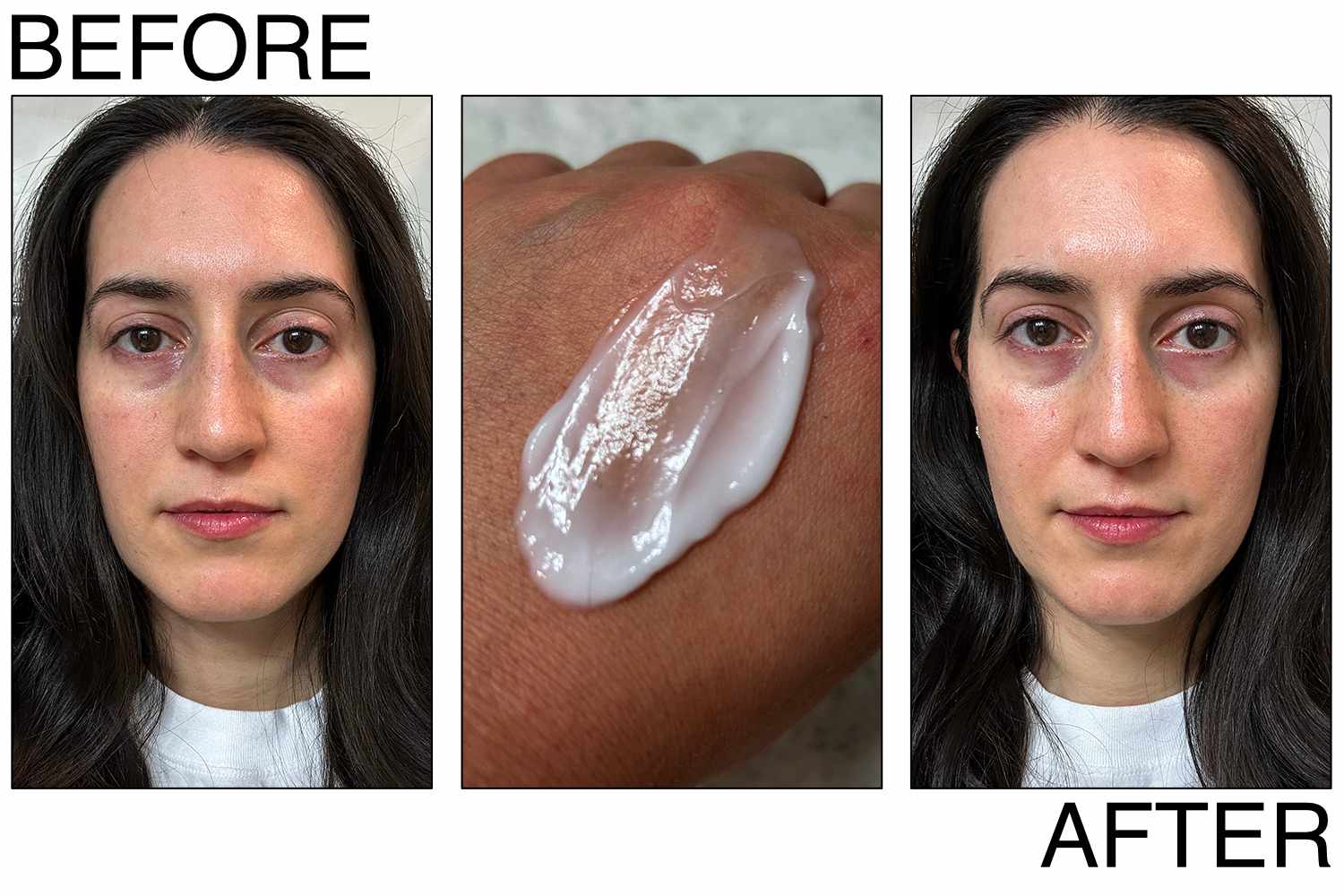Aging is a natural process, but the desire to maintain smooth, firm, radiant skin is universal. With so many anti-aging products, supplements, and treatments on the market, it can be difficult to separate what truly works from what is just clever marketing. Fortunately, decades of dermatological research have revealed a handful of ingredients and habits that genuinely improve visible signs of aging—and many more that don’t live up to the hype.
Understanding how your skin changes over time is the first step. Collagen declines by about 1% per year starting in your twenties. Cell turnover slows, hydration decreases, sun exposure accumulates, and the skin gradually loses elasticity. Effective anti-aging strategies focus on slowing these processes, boosting collagen production, and protecting the skin’s barrier.
In this article, we explore which ingredients, treatments, and lifestyle habits truly make a difference—and which ones you can skip.
1. Retinoids: The Gold Standard of Anti-Aging
Retinoids (retinol, retinaldehyde, adapalene, tretinoin) are the most researched and proven topical ingredients for anti-aging.
What they do:
- Boost collagen production
- Increase cell turnover
- Improve fine lines and wrinkles
- Smooth texture
- Fade dark spots
Retinoids work deeper in the skin than most ingredients, making them highly effective. However, they can be irritating at first, so start with lower strengths and increase slowly. Consistency is key—most people see noticeable results in 8–12 weeks.
2. Sunscreen: The Most Important Anti-Aging Product You Own
Up to 80% of visible aging is caused by UV exposure. Sun damage breaks down collagen, triggers pigmentation, and causes uneven texture.
Daily sunscreen use prevents future damage and allows other anti-aging ingredients to work effectively.
Look for:
- SPF 30 or higher
- Broad-spectrum protection (UVA + UVB)
- Mineral or chemical formulas depending on preference
Sunscreen is the number one anti-aging habit you can adopt.
3. Vitamin C: A Powerful Antioxidant for Brighter, Firmer Skin
Vitamin C supports collagen production and protects skin from free radicals caused by pollution, UV radiation, and stress.
Benefits include:
- Brightening the complexion
- Fading dark spots
- Firming and smoothing
- Enhancing sunscreen effectiveness
L-ascorbic acid is the most effective form but can be irritating for sensitive skin. Gentler derivatives like sodium ascorbyl phosphate are great alternatives.
4. Peptides: Gentle Collagen Support
Peptides are amino acid chains that help signal the skin to repair itself. While they are not as dramatic as retinoids, they are excellent supportive ingredients.
They help with:
- Firmness
- Hydration
- Skin barrier repair
- Fine lines over time
Peptides pair well with retinol and vitamin C in a balanced routine.
5. AHAs & BHAs: Smoother, Brighter, More Youthful Skin
Exfoliating acids improve skin tone and texture by removing dead cells from the surface.
AHAs (like glycolic and lactic acid):
- Smooth fine lines
- Improve glow
- Increase hydration (especially lactic acid)
BHAs (like salicylic acid):
- Unclog pores
- Reduce texture
- Improve acne-related aging concerns
However, over-exfoliation can damage the skin barrier, so limit use to 2–3 times per week.
6. Hyaluronic Acid: Hydration That Plumps
Hyaluronic acid attracts moisture and helps the skin look more plump and healthy. While it doesn’t reduce wrinkles long-term, it instantly improves surface hydration, giving a smoother appearance.
It’s best used under moisturiser to trap hydration inside the skin.
7. What Doesn’t Really Work for Anti-Aging
The beauty industry often markets ingredients that sound impressive but offer limited benefits.
Collagen creams
Topical collagen molecules are too large to penetrate skin. They moisturise but do not increase collagen levels.
Jade rollers and gua sha (for anti-aging)
These tools can reduce puffiness temporarily but do not reverse wrinkles or tighten skin long-term.
Expensive “miracle” creams
Price has almost nothing to do with effectiveness. What matters is the ingredients—not the branding.
At-home microneedling devices
Most are too weak to stimulate collagen and can cause damage if used incorrectly.
“Firming” masks with instant results
These create temporary tightness but do not produce lasting change.
Understanding what doesn’t work saves you money and prevents disappointment.
8. Professional Treatments That Make a Real Difference
Some anti-aging results require professional treatments for deeper impact.
Laser resurfacing (ablative or fractional)
Stimulates collagen production and dramatically improves texture and pigmentation.
Microneedling
Creates micro-injuries that boost collagen and reduce scarring and wrinkles.
Chemical peels
Improve pigmentation and smooth fine lines.
Radiofrequency (RF)
Tightens skin by heating deeper layers and stimulating collagen.
Injectables: Botox & Fillers
- Botox reduces dynamic wrinkles caused by expression
- Fillers restore lost volume for more youthful contours
These treatments can significantly enhance results when combined with a consistent skincare routine.
9. Lifestyle: The Anti-Aging Foundation
Healthy skin isn’t just topical—it’s lifestyle-driven.
- Sleep supports overnight skin repair
- Hydration improves elasticity
- Balanced diet nourishes cells and reduces inflammation
- Exercise increases circulation
- Reducing stress lowers cortisol, which breaks down collagen
- Avoiding smoking prevents severe premature aging
Your habits matter as much as your skincare products.
Final Thoughts
Anti-aging skincare doesn’t need to be complicated. By focusing on ingredients backed by science—retinoids, vitamin C, sunscreen, peptides, and gentle exfoliants—you can protect your skin and slow visible aging significantly. Skip the hype, build a routine grounded in consistency, and support your skin from both inside and out. With the right approach, healthy, youthful-looking skin is absolutely achievable at any age.
